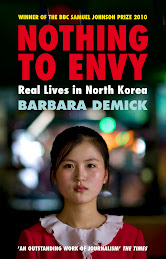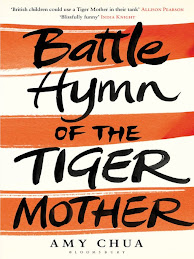WFP says rations will be cut unless donor nations give $700m by end of April
LONDON - THE UN agency charged with relieving world hunger has launched an 'extraordinary emergency appeal' for at least US$500 million (S$700 million), it was reported yesterday.
A letter sent to donor countries by the World Food Programme (WFP) at the weekend said the money was required by the end of April, otherwise it would have to reduce food rations because of rapidly increasing commodity prices, the Financial Times (FT) reported.
'We urge your government to be as generous as possible in helping us to close this gap - which stood at US$500 million on Feb 25 and has been growing daily,' WFP executive director Josette Sheeran wrote in the letter obtained by the FT.
She added that if sufficient money was not received by May 1, the WFP may have to cut 'the rations for those who rely on the world to stand by them during times of abject need'.
The letter also quoted UN Secretary-General Ban Ki Moon, who said: 'This is the new face of hunger, increasingly affecting communities that had previously been protected.'
Food prices have been spiralling higher globally because of rising population, strong demand from developing countries, the use of certain foods in biofuels to combat climate change and the increasing frequency of floods and droughts as a result of climate change.
The FT, citing unnamed officials, said the WFP's funding gap was now between US$600 million and US$700 million.
The WFP provided nearly 88 million people in 78 countries with food aid in 2006.
Echoing the concerns of the UN experts, the head of Nestle, the world's biggest food and beverage company, warned in Zurich on Sunday that the growing use of crops such as wheat and corn to make biofuels is putting world food supplies in peril.
'If, as predicted, we look to use biofuels to satisfy 20 per cent of the growing demand for oil products, there will be nothing left to eat,' chairman and chief executive Peter Brabeck-Letmathe said.
While the competition is driving up the price of maize, soya and wheat, land for cultivation is becoming rare and water sources are also under threat, he said.
UN food expert Jean Ziegler had made an appeal at the UN General Assembly that a five-year moratorium be imposed on all initiatives to develop biofuels in order to avert what he said might be 'horrible' food shortages.
But diplomats from countries pursuing such fuels, such as Brazil and Colombia, disputed his forecast.
AGENCE FRANCE-PRESSE
This article shows you another example of international cooperation. Remember we learn about strategies to alleviate uneven development in the world? World Food Programme (WFP) is an international organisation under United Nations, focusing on fighting hunger in the world. With rising food prices due to the many factors mentioned above, WFP is appealing for more funds especially from the DCs to help support the LDCs. With rising fuel prices, many LDCs also tend to use plant crops as fuel which are also food for the people. This is another reason why there is increasing shortage of food. As you study more and more, you'll realise that the topics on development and food are deep and complex and therefore very interesting.















